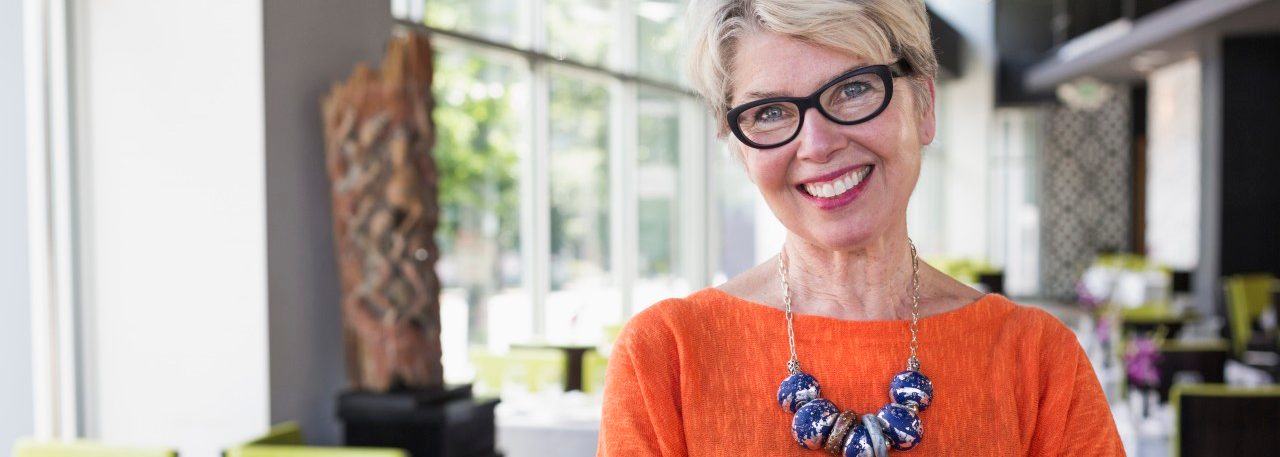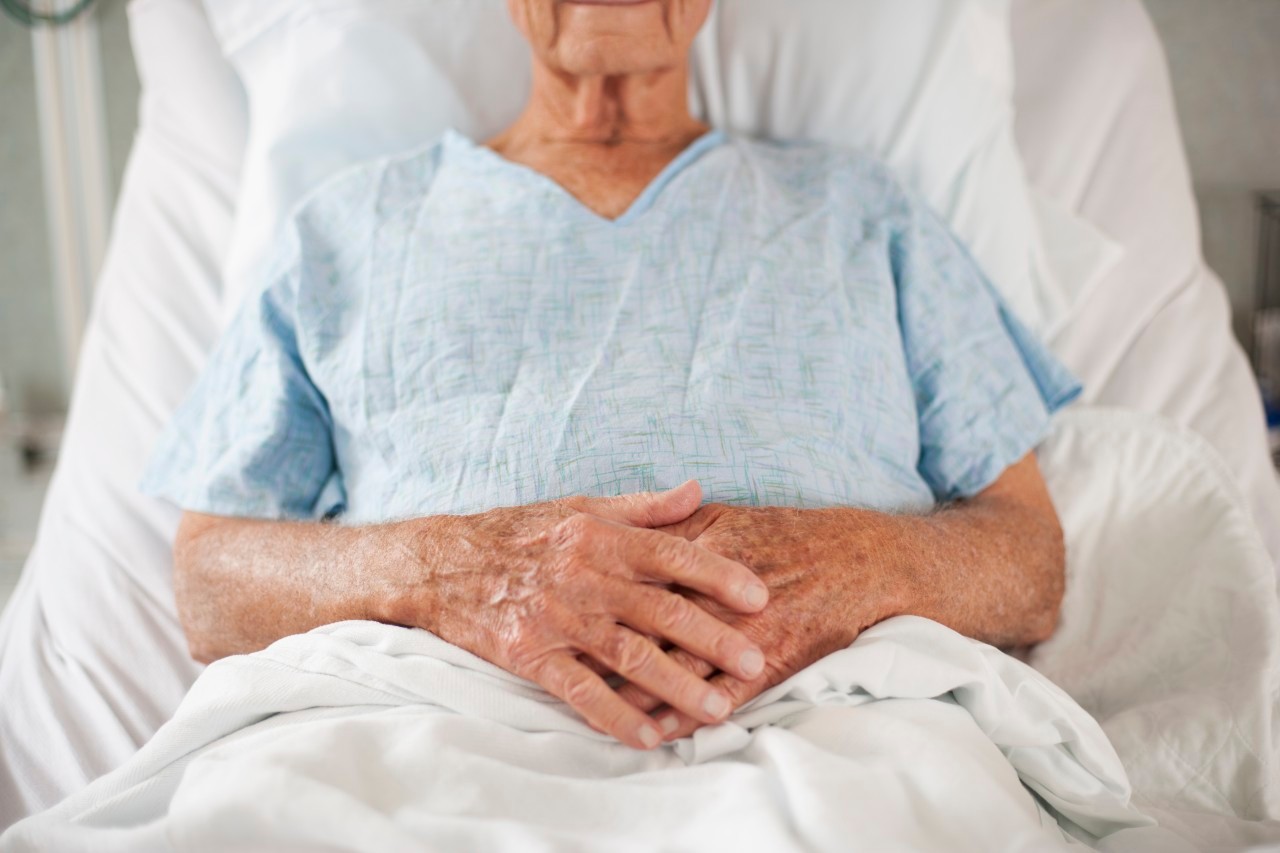
Your Decisions on Medical Care at the End of Life
Talk openly with your loved ones while you’re still well and use advance directives to maintain control. It is important they know what you want when you die.

Talk openly with your loved ones while you’re still well and use advance directives to maintain control. It is important they know what you want when you die.

Hospice provides comfort and support to a person who is nearing the end of life.

Palliative care is a way to improve quality of life for a patient who is being treated for a serious illness.

How to decide your own medical future.

A living will tells others how you want to be treated when it comes to life-sustaining measures.

This form lets you plan ahead for the care you’d want if you could no longer express your wishes.

Do Not Resuscitate orders tell hospital staff not to perform potentially life-saving measures, such as CPR, if your heart and lungs stop working.

The main goal of pain management in hospice is to improve quality of life; everyone has a right to have relief from pain.

A durable power of attorney for health care is only as good as the person you name to be your agent.

Often it’s hard to know which medical treatment choices you might face. Would you rather let someone you trust decide for you? A durable power of attorney for health care lets you name an agent to carry out your wishes. This happens only if you can’t express your wishes yourself.

A health care proxy is a person who represents a patient when the patient can’t speak for himself or herself.

Visit communities, get on waiting lists, and always review your contract before you sign.

Tennessee and Georgia are falling behind in investigating nursing home complaints. Learn what you need to look for when choosing a home.

As your illness progresses, there may come a time when treatments no longer benefit you. Decisions must then be made whether to continue or stop these treatments.

Many terminal cancer patients would choose to spend their final days at home with their families, but dying at home can be difficult to arrange.

Why Some Make the Case for Assisted Suicide

The most vulnerable patients may be subject to abuse.

Yes, no, maybe; it really depends on your financial wherewithal, and your comfort with risk.